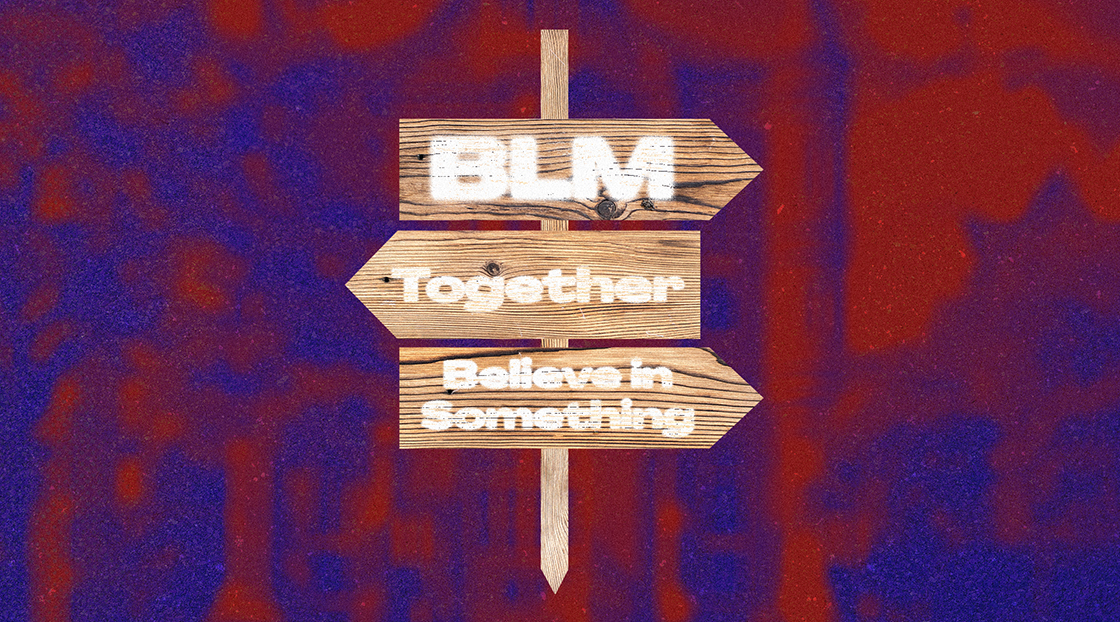An alumnus coming up on his 40th reunion mentions his discomfort with the social justice discourse on campus. In contrast, a recent graduate with high engagement potential wonders why your outreach isn’t more squarely focused on the Black Lives Matter movement.
The example in this case is hypothetical, but it’s all too real. I’ve worked in higher education communications and marketing for 17 years, eight of those in development and alumni relations. During those years, I have crafted messages about sensitive issues to alumni on behalf of executive leadership, as well as the ranks of alumni relations and development officers.
These conversations with alumni and donors were tricky to navigate even before 2020. Now, people have their stakes planted, are more vocal for the causes they believe in — and some want to know where their alma maters stand. How do you speak with alumni who have been loyal supporters or want to begin a lifelong relationship with your school about these issues?
Recalling my own experiences and after speaking with several colleagues, I identified four key takeaways that can help direct these exchanges from multiple angles:
How to Talk to Alumni About Social and Political Issues
No. 1: Hear them out
If an alum or donor is taking the time to voice a strong opinion, it means they care enough about the university to ask hard questions. To be frank, some alums are persistent gadflies. Looking at an alum’s giving history, event attendance, and other measures of involvement will help you determine how to — or even whether you should — respond. Most alumni deserve a thoughtful, heartfelt response, whether through a conversation or written correspondence.
They also understand that your job is to maintain a cordial relationship and remain as neutral as possible. They don’t necessarily expect a strong response. They simply want to express themselves. A kind and gracious response that emphasizes their lifelong affiliation with the school is frequently all you need to keep the relationship on solid ground.
No. 2: Seek diverse opinions
Most experienced alumni relations or development officers know how to graciously finesse a respectful, neutral response to an aggrieved graduate. Sometimes — and especially in 2020 when discussions about diversity grow in complexity and intensity — it is wise to consult with colleagues who have a deeper understanding of some of these topics, particularly racism and diversity.
This is where practices in intentional interviewing and hiring candidates of color and creating psychologically safe spaces will benefit your organization. Hopefully, your organization has begun to take time to build trust among all staff, and especially staff belonging to marginalized groups.
Work on building organic, friendly relationships with colleagues who experience the climate differently from you. Under no circumstances should you pop out of the blue and suddenly ask for someone’s opinion merely because they are black, or gay, or have a disability. If you do approach a colleague, be sure to emphasize upfront that they aren’t obligated to help you. It is an extra burden that they should choose to take on.
No. 3: Look to your leadership
Chances are your university president, provost, or school dean has issued a statement on recent events. You should be able to find them on the president’s web page. If not, reach out to someone either in the president’s office or your media relations department to see if you can find it. Your best bet is to read these statements in full when they come out, focus on the broader message, and file the statements away in a separate email folder so you can find them easily.
These announcements indicate the culture that university leaders are creating and the missions it wants to advance. They can also give you language as a starting point. If you feel confident that an alum has a positive opinion of leadership in other areas, it can’t hurt to align your message with those visions.
No. 4: Take a stand
In the wake of the killing of George Floyd, many college and university presidents spoke out against racism and police brutality, but many of those statements lacked direct references of Black Lives Matter, angering Black and white alumni, donors and students. In many cases, the statements also lacked substantive action steps.
Take Purdue University, for example. The university released the following statement:
“Events around our nation have reminded us yet again of the work that remains for all of us in creating a country where racism and bigotry are eliminated and where African-American men and women, boys and girls, can live without fear. We are angered and saddened by the death of George Floyd, the victims who came before him, and those killed or otherwise harmed in the wake of Mr. Floyd’s death. We hurt with those who are hurting and we pledge to continue to work toward a solution in which everyone is treated with civility and respect. Boilermakers must persist, now more than ever, to build a better climate together. #PurdueTogether.”
The statement didn’t refer to Black Lives Matters, and instead used the hashtag #PurdueTogether.
Still, unlike other universities, Purdue did take action by announcing a task force to address racial inequality. Taking a stand matters. Taking action matters more.
Sensitive conversations with alumni and donors aren’t social media (thankfully). But you are representing your university’s brand. While it’s always a good thing to hear your constituents out, some alumni may express opinions that you know to be morally wrong or at least seriously out of touch with current events—or out of line with where a school has formally planted their flag on social issues.
Of course, you can’t say, “Please don’t give to the university again.” A polite response that your school is unwaveringly committed to equality and ensuring that all students feel welcomed, respected, seen, and heard is not a controversial statement.
As Nike said when it took a great risk in making Colin Kaepernick a force for its brand: “Believe in something.”
Strengthening relationships through honest conversation
Maintaining a positive relationship with your alumni and donors always comes first. Yet, these conversations may help them understand how their alma mater is evolving and trying to do better. You might lose some alum support but make up for it and increased support among other sections of the alumni base. And you might gain insight over how the school has changed over the years. Mutual understanding, open minds, and hard conversations can absolutely build stronger relationships based on trust.








